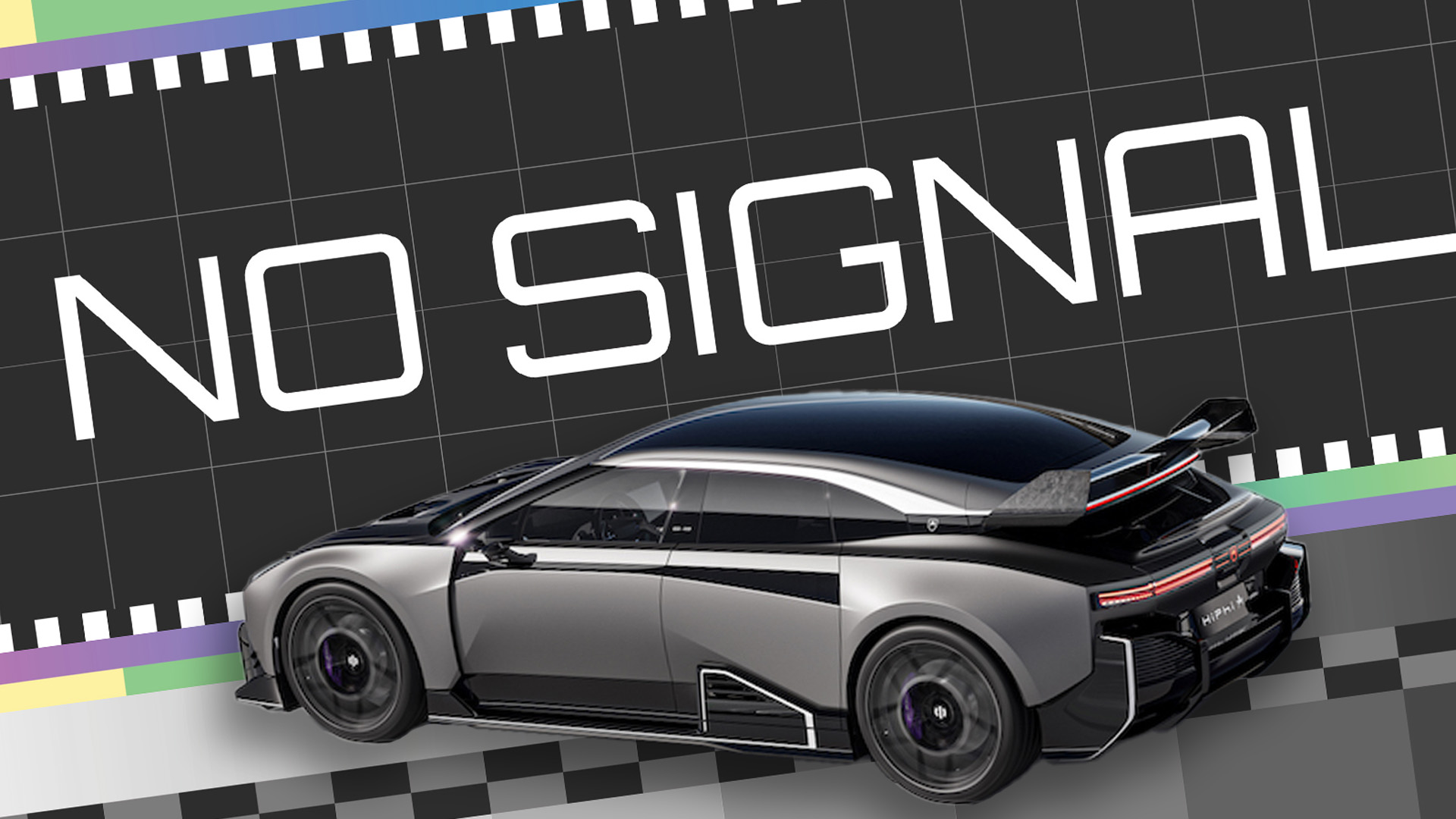
CHINA’S CONNECTED CAR COLLAPSE IS A WARNING FOR THE AMERICAN MARKET
For more than a decade, connected cars have won over new car buyers with their streamlined, smartphone-like software updates and convenience features. But this convenience comes at a price: What happens when connected cars become disconnected cars? Like that scene at the end of The Phantom Menace, they’re losing function en masse as the Chinese auto industry consolidates, leaving many connected cars unsupported. And if we’re not careful, the same thing could easily happen to American car owners, too.
The phenomenon was chronicled in Rest of World, which spoke to multiple owners of EVs produced by financially troubled Chinese automakers. China kickstarted its EV industry with aggressive subsidies that lured dozens, if not hundreds of companies to produce cars. When those subsidies ceased, an automotive extinction event unfolded, with a reported 20-plus brands calling it quits. As you can imagine, that poses an enormous problem for people who bought connected cars from said brands.
The largest Chinese automaker to fail yet has been WM Motor, which reportedly sold around 100,000 cars between 2019 and 2022. It filed for bankruptcy in October 2023, and in doing so ceased offering software support for customers’ cars. With company servers offline, widespread failures were reported, affecting cars’ stereos, charging status indicators, odometers, and app-controlled remote functions such as air conditioning and locking.
Though WM Motor is said to have brought servers back online so that these vehicles can fully function again, it doesn’t seem to have delivered any software updates since its bankruptcy filing almost a year ago. Its app also remains unavailable on smartphone app stores, locking potential buyers of used WM Motors vehicles out of some features. It seemingly hasn’t flown afoul of China’s consumer protection laws, which mandate 10 years of parts and service support—but apparently not software. As many as 160,000 Chinese car owners are estimated to be in a similar boat, as an increasing number of automakers encounter financial trouble.
Here in the United States, we’ve seen similar situations unfold like with Tesla’s 2021 outage, which locked some owners out of their cars and disabled charging. More recently, the bankruptcy of Fisker left owners of its Ocean SUV with abundant software issues and no certainty that they’d be fixed. It’s a far larger problem in China, where tech is a major selling point for cars, and where there are more brands at risk. But it’s better we heed this warning than kick the can down the road—an ounce of preventative versus a pound of cure, and all that jazz.
Got a tip or question for the author? You can reach them here: [email protected]
2024-09-04T14:35:38Z dg43tfdfdgfd